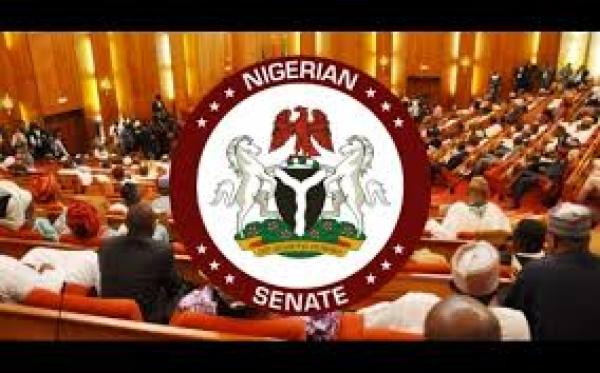
Babatunde Fashola, minister of power, works and housing, has highlighted the goals of the 2016 budget, expressing confidence that the implementation modalities adopted by the present administration would lead the economy out of the current recession.
“We must just stay focused. It is a tough time, we are mindful, but we think our methods will work,” the minister assured, adding that the way out of economic recession was stimulus spending that happened in America and Marshal Plan that happened in Europe.
He said by reordering the expenditure focus of the budget, government has set the economy on the path of growth and recovery.
Fashola spoke alongside eight of his colleagues in the Federal Executive Council, at the town hall meeting/policy dialogue for Good Governance organised early this week by the Alumni Association of the National Institute for Policy and Strategic Studies in collaboration with the Federal Ministry of Information and Culture.
The minister, who described the allocation of 30 percent of the N6 trillion budget to capital expenditure, as historic in the annals of budgeting in the country, said by doing so, government had ensured that more of the budget would impact on the larger society as against the previous practice where those in government, who constitute less than 3 percent of the population, got the bulk share.
“But what has also changed, for those who say they haven’t seen change, let me dimension that, what has changed is that from spending 10 to 15 percent of our budget on capital and spending more than 80 percent on recurrent, this government has now committed to spending 30 percent of N6 trillion on capital and 70 percent on recurrent,” he said.
According to Fashola, “In government circles, the people in government usually constitute barely 1 or 2 percent of the entire population. So, a government that continuously chose to spend 90 percent of its earnings on one or two percent of the population leaving 10 percent for all the contractors, for all the roads, for all the suppliers, clearly was on the path to where we are today.”
Highlighting the impact of the budget across board, Fashola, who disclosed that N102 billion was released to his ministry out of the N300 billion already released by the Federal Government, said as of July this year, N70 billion had been paid out to contractors, project managers and consultants designing roads and bridges, adding that with the payment, the various contractors had returned to site.
The payments, the minister said, were being made on the condition, commitment and understanding that the contractors, who left site as a result of non-payment of their fees for over two years, would begin to reemploy back workers that they had laid off adding that adherence to this has led to the recall of thousands of workers previously laid off by the contractors.
Insisting that it is the only way out of recession, he said, “We begin to spend on the productive sector so that at every construction site not only do we see plants and equipment and machinery back and working, we see demand for diesel and petrol, water tankers begin to roll, sale of sand and gravel begin to happen, food vendors move back to those sites to supply food and water to those who are working and so on and so forth where activity begins. That is the way; there is no other way.
“That is stimulus spending that happened in America, that is the Marshal Plan that happened in Europe; that was the Roosevelt Plan after the Great Depression. So we are not doing anything unusual. The only difference now is that we are working with leaner resources and seeking to do more with less.”






















